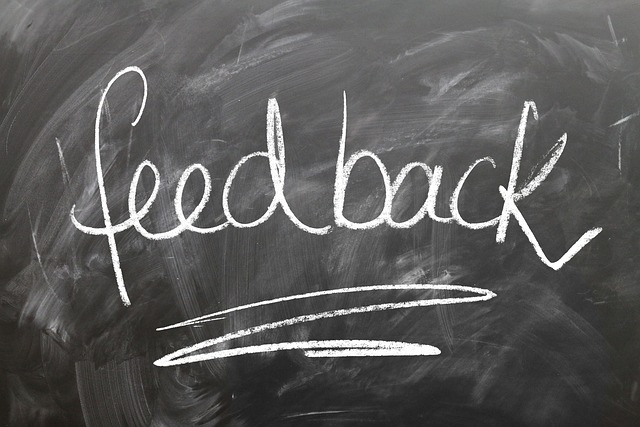
The Power of Empathetic Communication: Relationship Advice for Understanding
The Power of Empathetic Communication in Relationships
In a world where everyone seems to be vying for attention, it’s easy to forget the essence of meaningful connections. Deep down, we all desire to be understood, heard, and valued. This fundamental need drives the importance of empathetic communication in our relationships.
What is Empathetic Communication?
Empathetic communication goes beyond just exchanging words; it is about truly connecting with another person’s feelings and experiences. It involves listening actively, validating emotions, and showing genuine care. When practiced effectively, this form of communication fosters trust and deepens bonds, making relationships flourish.
The Importance of Listening
One of the cornerstones of empathetic communication is active listening. This means giving your undivided attention when someone speaks, allowing them to express themselves without interruptions. When we listen attentively, we can better understand their perspectives and emotions. It says, “I value what you’re saying.” This simple act can be profoundly reassuring, especially in times of conflict or distress.
Validating Emotions
Once you’ve listened, validation is key. It’s not about agreeing with every point but acknowledging the other person’s feelings. Statements like, “I can see why you feel that way,” or “That must have been really tough for you,” demonstrate that you recognize their emotions as valid. This practice can help de-escalate tensions and pave the way for clearer conversations.
Sharing Your Feelings
Empathetic communication also involves being open about your own feelings. Sharing your thoughts and emotions fosters a two-way street of understanding. When both partners feel safe to express themselves, the relationship strengthens. It encourages vulnerability, which is essential for authentic connections. Remember, relationships thrive in an environment where both parties feel comfortable being themselves.
Practicing Empathetic Communication
To cultivate empathetic communication in your daily interactions, consider the following tips:
- Pause Before Responding: Take a moment to process what the other person has said before offering your thoughts.
- Body Language Matters: Maintain eye contact, nod, and show that you’re engaged with your partner’s words.
- Avoid Judgments: Approach conversations without preconceived notions or biases to foster a safe space for open dialogue.
- Ask Open-Ended Questions: Encourage deeper conversations by asking questions that invite the other person to share more.
The Transformative Impact
When couples embrace empathetic communication, the transformation can be astonishing. Relationships become more resilient, as partners learn to navigate misunderstandings with greater ease. Conflicts are approached with a mindset of collaboration rather than confrontation. Over time, this practice builds a foundation of respect, love, and lasting understanding that can weather any storm.
In a time where understanding feels increasingly rare, making a conscious effort to practice empathetic communication can redefine how we interact with one another. Building meaningful connections is a journey, but every step taken towards empathy and openness can bring us closer to the fulfilling relationships we all seek.


